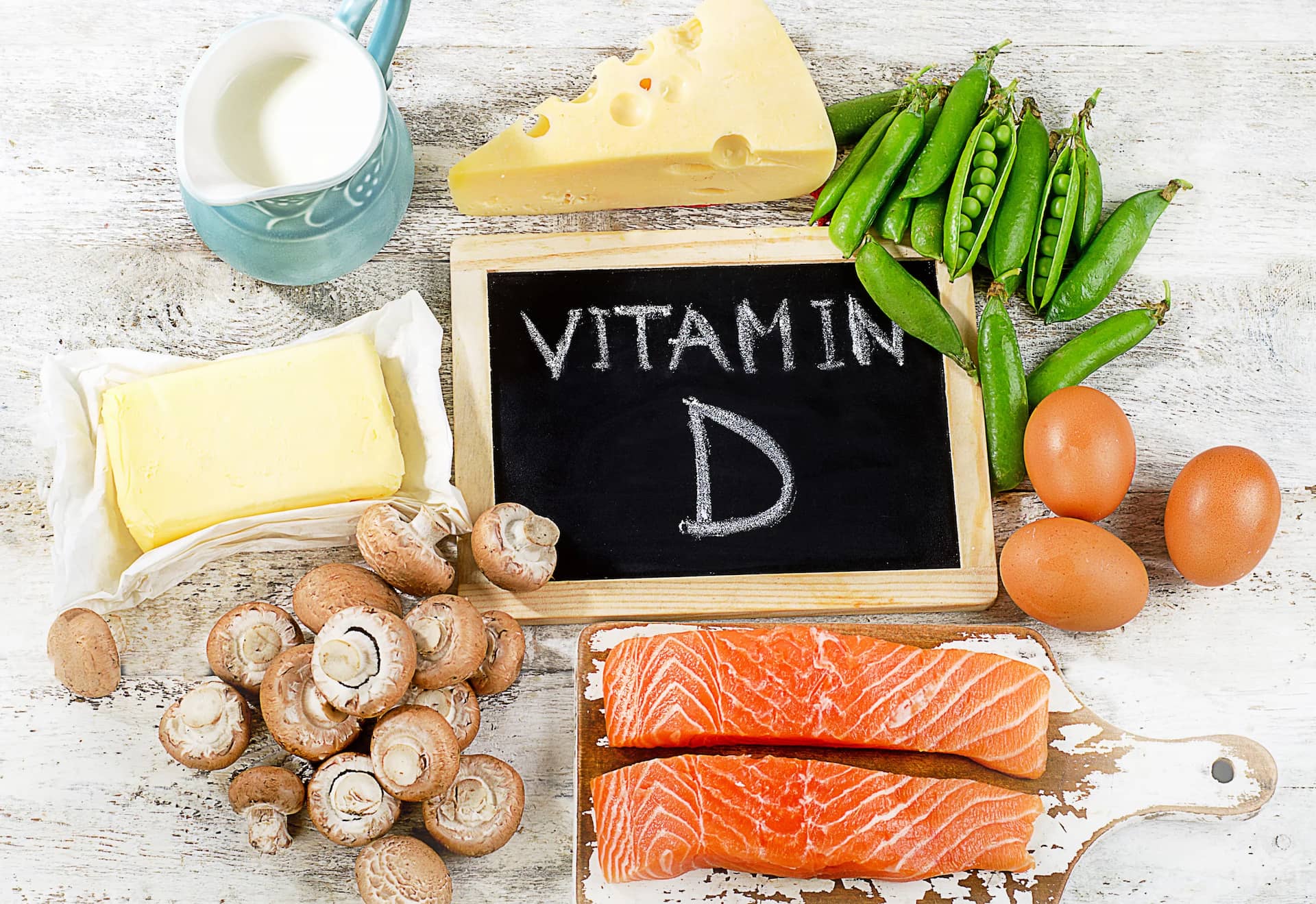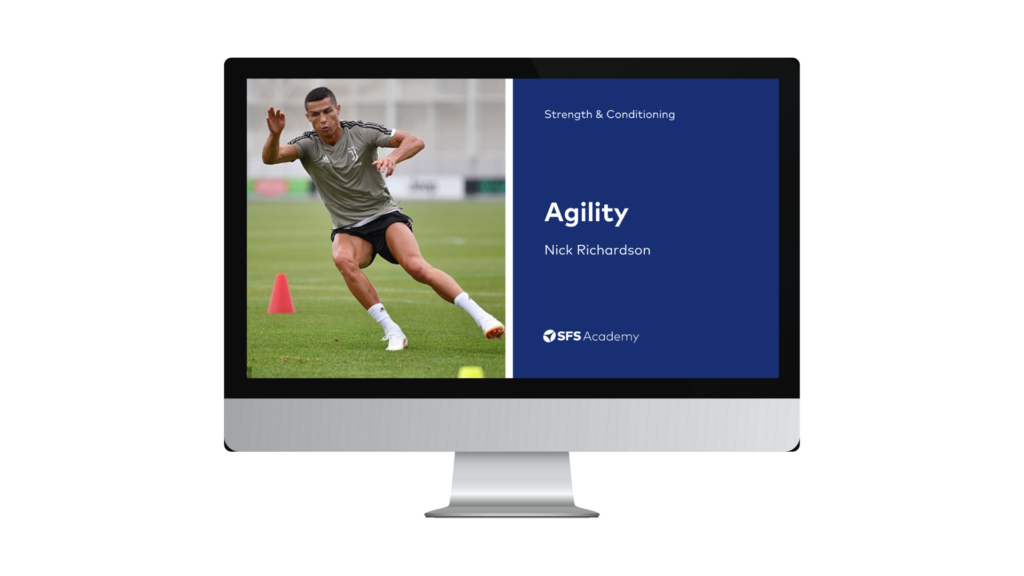Vitamin D: How important is it for athletic performance?
We still need to learn more about how to use vitamin D to improve sports performance but it does seem clear that obtaining sufficient vitamin D can only help improve an athlete’s bone structure, immune system, and potentially muscle health.
Vitamin D: The ‘sunshine vitamin’ and muscle health
An afternoon lunch outside, a day at the beach, or simply getting some fresh air, you’ve likely heard someone say “I’m getting my vitamin D!” – or maybe you’ve said it?
Most people have heard our bodies can make vitamin D from the sun, but are we able to meet our daily needs from our afternoon sunbathing? Vitamin D is best known for helping build and maintain bone structure, and increases the absorption of calcium, which is the main mineral found in bones. Chronic low vitamin D intake leads to poor bone development in children and weak bones in adults. This can cause osteoporosis, or brittle bones, meaning you’re more likely to have a bone fracture or break.
Vitamin D also plays a role in immune function, protein synthesis and muscle function, inflammatory response, and regulation of skeletal muscle.
Based on the functions of vitamin D, what might the specific roles of the vitamin be for athletes and sport performance? While a lot of factors limit the amount of sun exposure that is turned into vitamin D, there is quite a bit of evidence that this sunshine vitamin can help support healthy athletes. More on that later.
There are several complicated steps involved with turning sun rays into vitamin D in the body. I’ll spare you the details. But let me present to you the realistic side of using the sun as a primary source of vitamin D. First and foremost, UV sun rays are quite damaging to our skin and increase the chance of skin cancer, so lathering up with sunscreen is a great defence against this damage. However, when we wear sunscreen, it blocks the UV rays from penetrating our skin, and UV rays are required for us to then make vitamin D in the body. But UV rays increase skin cancer risk, so sunscreen is more important than getting our dose of Vitamin D from the sun!
Further, other factors that reduce our ability to make vitamin D from the sun include the time of day, seasons (e.g summer vs. winter), cloud coverage, smog, and skin melanin (darker skin colors make less vitamin D). So athletes who train mostly indoors won’t get as much sun exposure as athletes training outdoors. A great comparison would be ice hockey players (indoor, winter sport) and track and field athletes (outdoor, spring sport). Ice hockey players will have significantly less sun exposure from indoor training or being covered in protective gear if playing outside. Whereas, track and field athletes will have higher sun exposure from training outdoors.
So, it looks like we need to turn to food for boosting vitamin D in athletes … although food sources might not be enough either. We will also discuss that later.
Types of vitamin D in our food
Two types of vitamin D are found in our food and supplements – D2 and D3. The only difference is the chemical structure, but both forms are absorbed. The presence of fat can enhance the absorption of vitamin D but some is still absorbed even without dietary fat.
Few foods naturally contain vitamin D but some which are high in vitamin D are fatty fish (salmon, tuna, mackerel), beef liver, egg yolks, and mushrooms. Other foods have been fortified (meaning food companies have added vitamin D) such as milk and orange juice. These foods provide the majority of vitamin D for individuals. But most people are not eating enough vitamin D-rich foods to meet our daily needs, putting many athletes into the deficient category.

How do we know if we have enough vitamin D?
Early signs indicating a vitamin D deficiency can be fatigue, bone pain, muscle weakness or cramps, and depression. A simple blood test can let you know if your sun exposure and diet is sufficient or not, and your physician can help determine how much vitamin D is needed for you personally.
In order to meet the daily requirements to maintain the blood levels of vitamin D, the global physicians and scientists of Endocrine Society suggest at least 25 mcg/1,000 IU per day. Those levels are quite hard to reach when consuming food, though – for example, one egg only provides 41 IU! Therefore, supplements are recommended for most individuals.
Current guidelines for the general public are the same for athletes with vitamin D levels, and more research is needed to determine if athletes require additional vitamin D.
Vitamin D and athletic performance
Now we have covered the basics of vitamin D, let’s dive into what is known about the potential role it plays in improving performance.
Overall it appears we still have a lot to learn about the sunshine vitamin, but indirect benefits of vitamin D are crucial to advance the health of athletes. The more the scientific world learns about vitamin D, we may soon have a better understanding that it goes beyond just helping absorb calcium.
Bone Health
Vitamin D is most commonly known for the benefits of improving bone health – it helps us absorb calcium, which improves overall bone growth and maintenance as we age. Stress fractures are common injuries in athletes and in active populations – studies have shown adequate vitamin D levels can reduce the risk of stress fractures, but individuals with lower levels had increased risk of stress fractures.
Immune Health
As an athlete, showing up to practice and games fully healthy is important for optimal performance. Vitamin D has been recognised as an immune-boosting vitamin, reducing sick time for athletes. Reducing sick days minimises lost training time which is important for game day. Not only does vitamin D improve immune health but it also decreases inflammation.
Muscle Health
Recent discoveries have identified vitamin D receptors located on our cells regulate muscle health and potentially strength. Some scientists believe vitamin D improves muscle strength because it assists with the role calcium plays in muscle contractions. However, this has only been observed in animals.
In research involving humans, muscle gains were not observed but fibre type changed in young men, leading scientists to believe vitamin D can improve the quality of muscle fibres. Other benefits have also been observed in vitamin D status and forearm strength in adolescent teens but this is based on correlation, not causation.
We still need to learn more about how to use vitamin D to improve sports performance. Based on what we currently know, obtaining sufficient vitamin D can only help improve an athlete’s bone structure, immune system, and potentially muscle health.
Vitamin D and athletic performance: Key takeaways
- Vitamin D has many health benefits for athletes, including reducing sick days and stress factors
- Vitamin D plays some role in muscle health and powering contractions
- Assess your vitamin D levels with your primary care doctor to see if you need supplementation
- Choose sunscreen and incorporate a vitamin D supplement into your routine as needed



